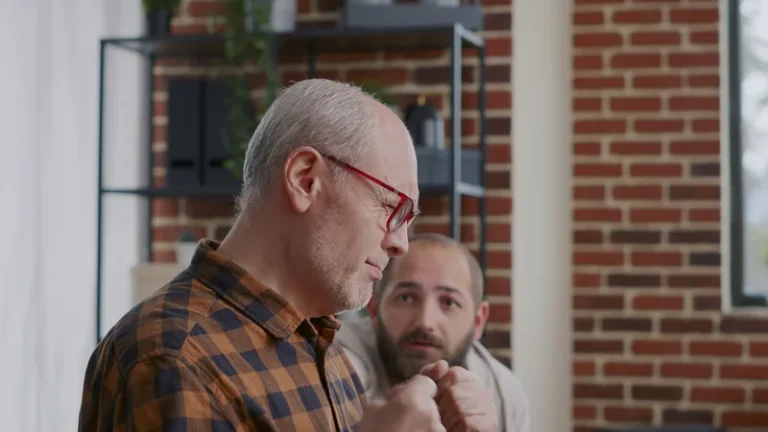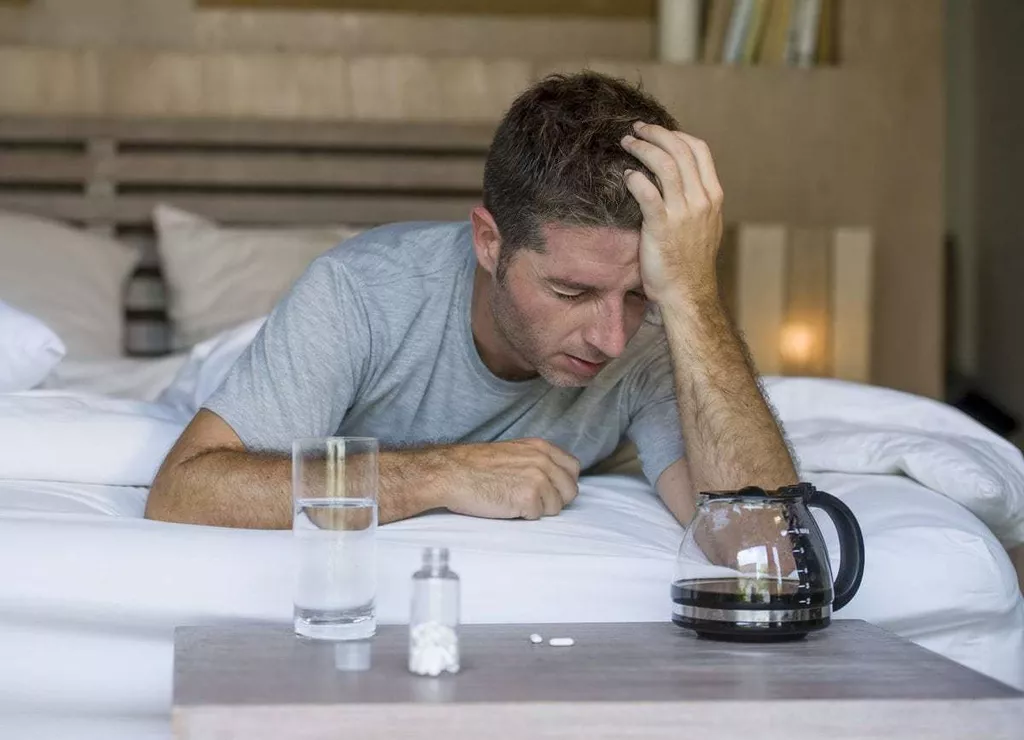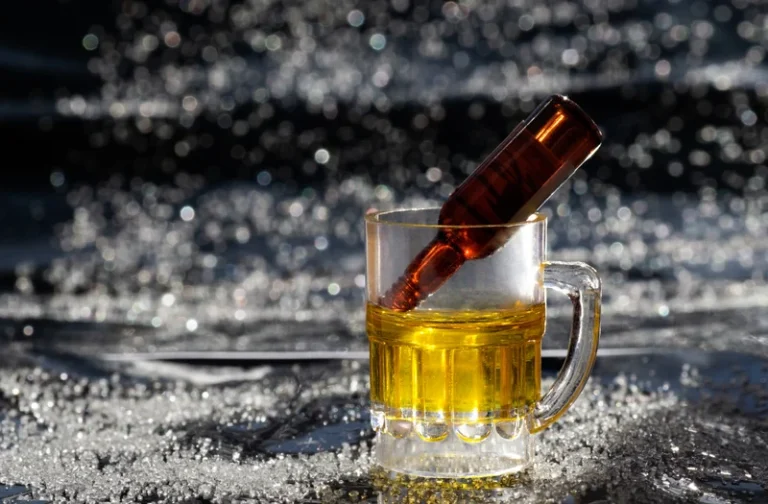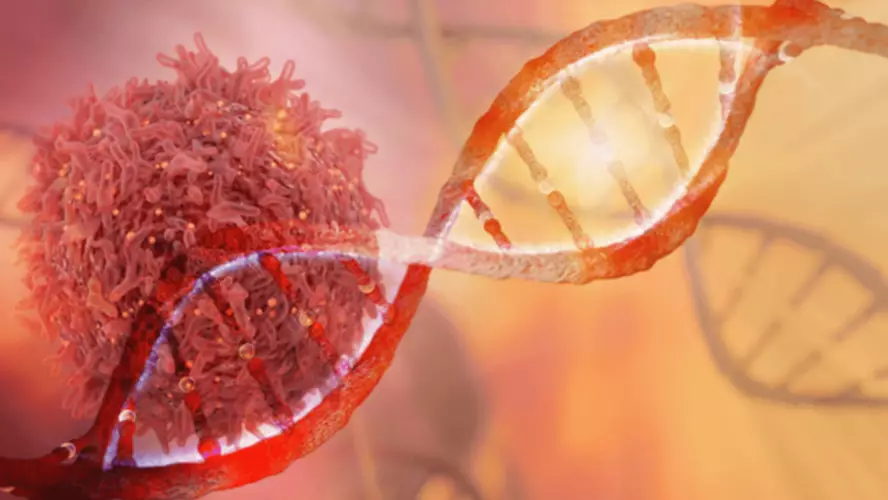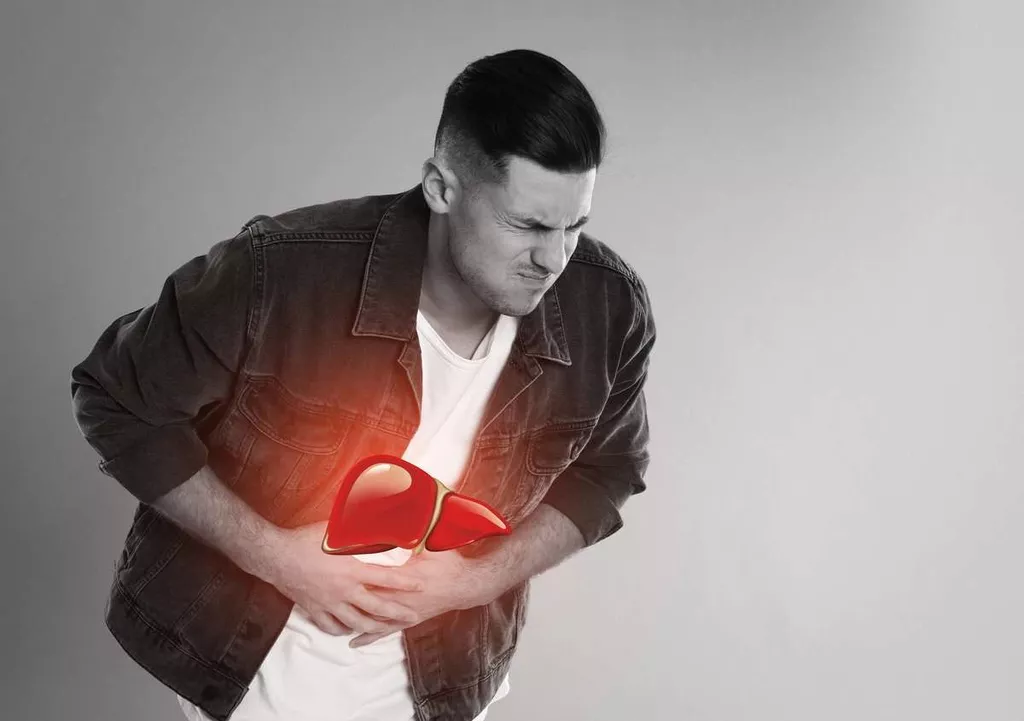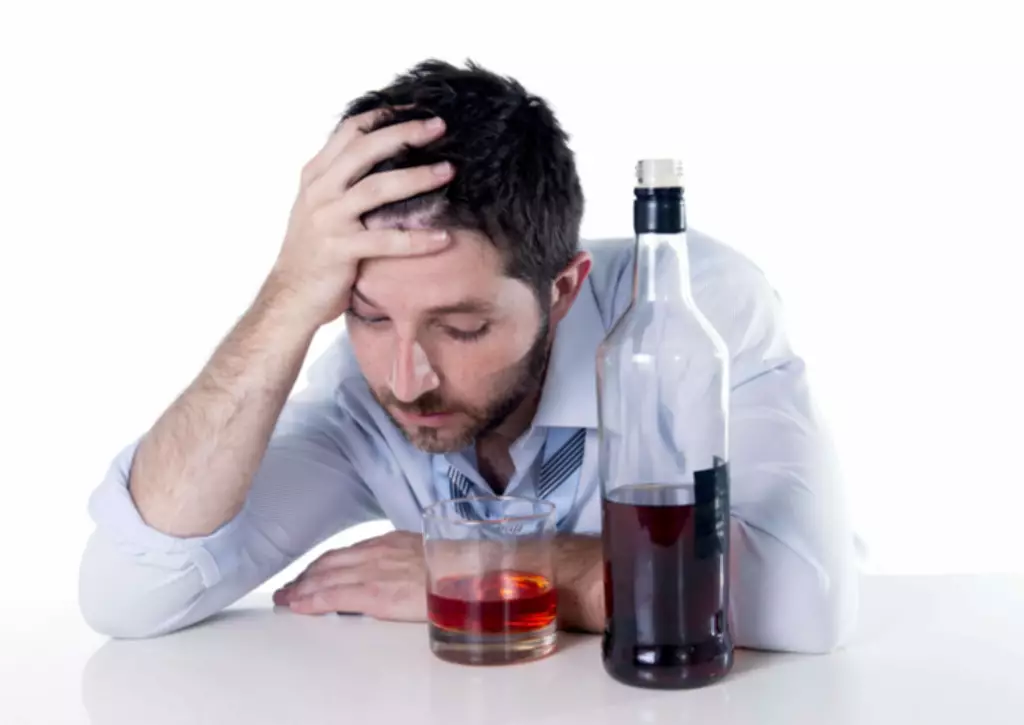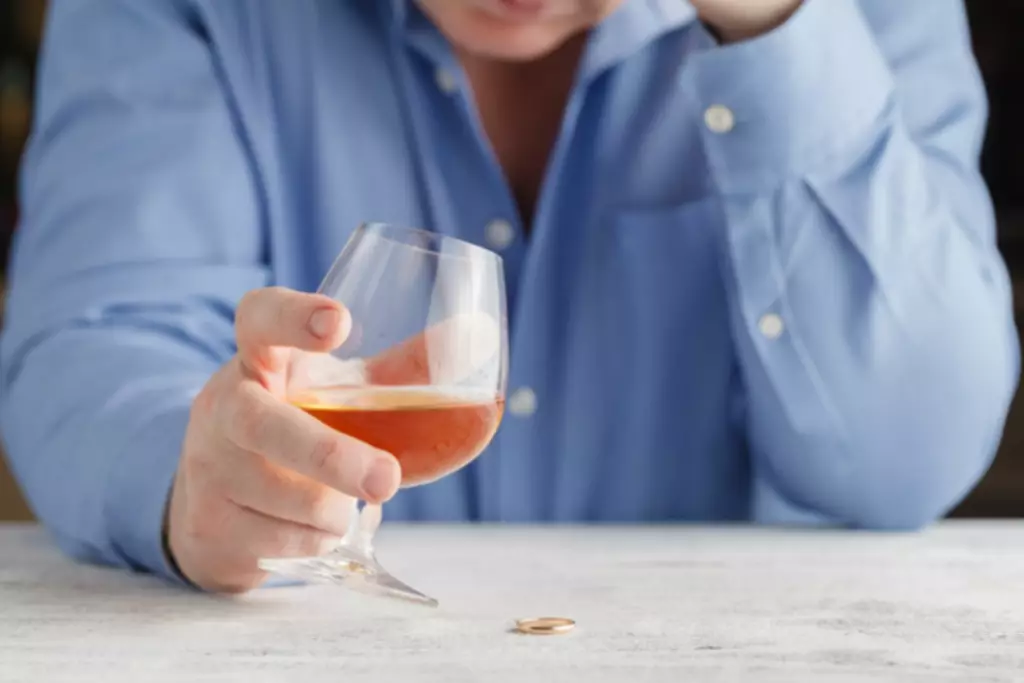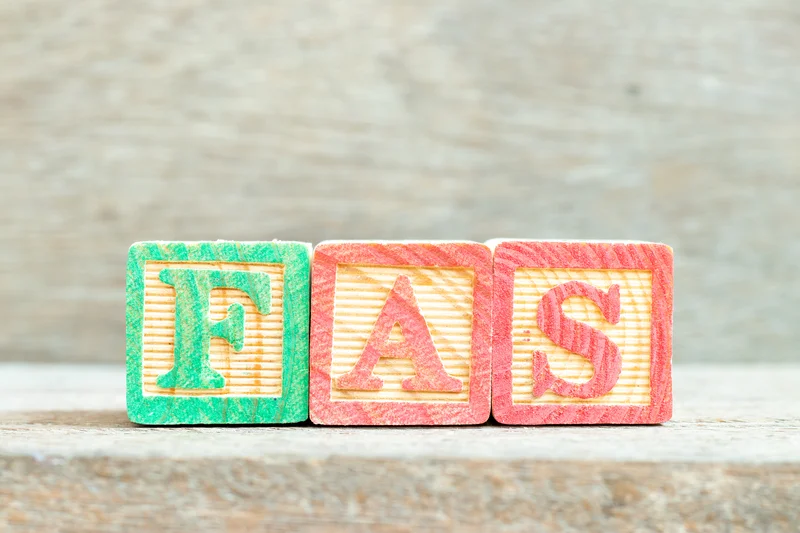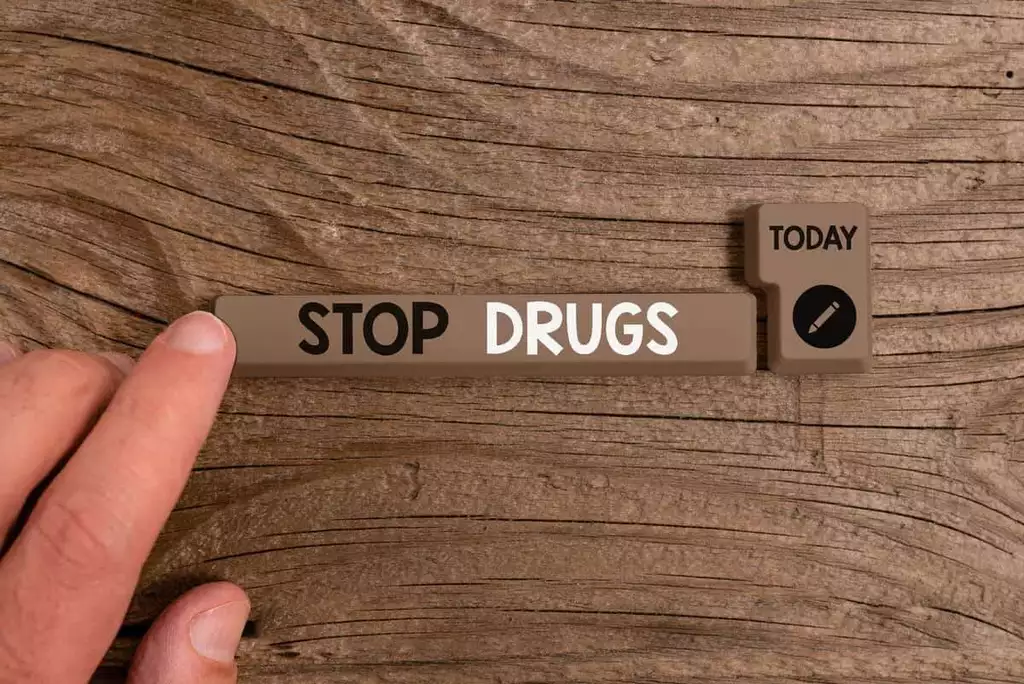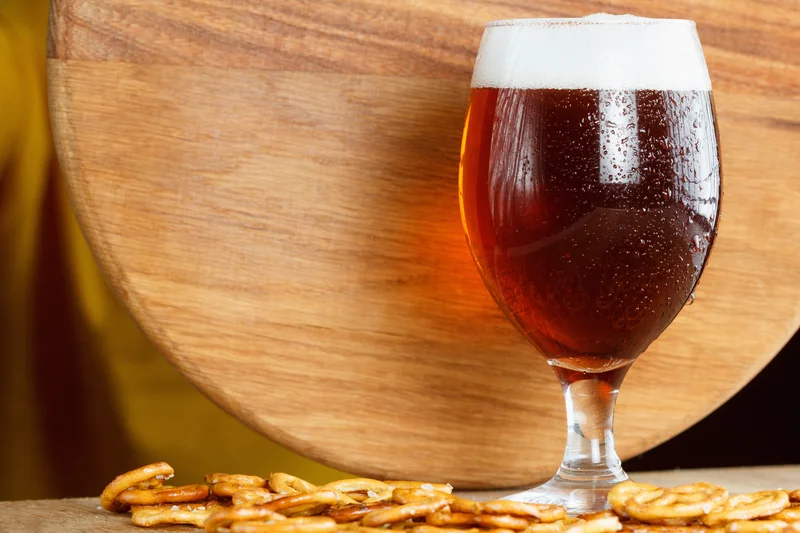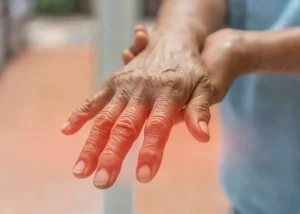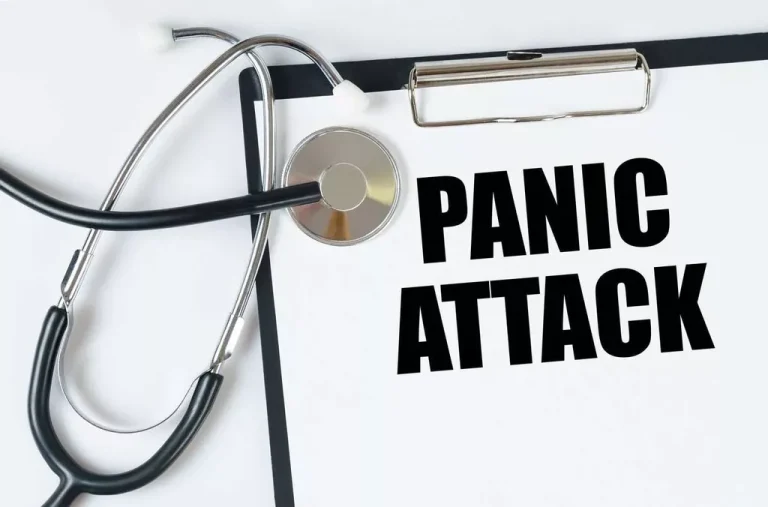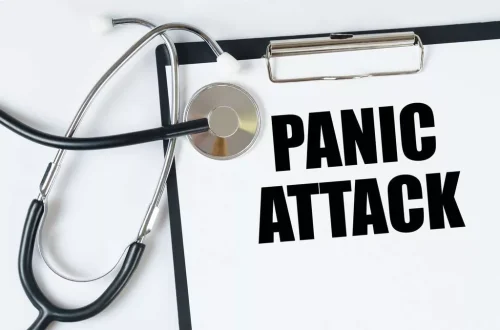Alcoholic Nose: The Effect Of Alcohol On Your Body NDFW

Calls to numbers marked with (I) symbols will be answered or returned by one of the treatment providers listed in what is Oxford House our Terms and Conditions, each of which is a paid advertiser. Alcohol not only dehydrates your skin but also your hair and hair follicles. This can lead to hair becoming brittle and prone to damage, as well as hair loss. However, there are contradicting beliefs that attribute other causes for the reddening of the nose and the structure of the nose noticeably changing.
How Alcohol Could Increase Your Risk for Dementia and Alzheimer’s
Anemia, lung problems and hyperlipidemia can all be responsible for it. Doctors often recommend a lipid profile, CBC and spirometry to find out the root cause. In this case, a purple nose would also be accompanied by inflammation.
- While people from these backgrounds and exposures are more likely to develop an alcoholic nose, not everyone who fits the bill will necessarily be prone to it.
- A “drinker’s nose” is actually a condition called rhinophyma, a side effect of rosacea.
- Topical treatments are usually applied directly to the affected area and are effective in managing mild to moderate symptoms.
Combating Common Skin Irritants
The color of the nose can vary widely from person to person, influenced by genetics, skin tone, and overall health. Alcohol weakens the immune system and disrupts DNA repair, potentially increasing skin cancer risk. Research suggests a link between heavy drinking and various skin cancers, though more studies are needed to define precise risk ratios. Alcohol disrupts iron metabolism, a major factor in PCT, a rare skin condition causing fragility, blistering, and scarring. While alcohol isn’t the sole cause, studies find 70% of PCT patients have significant alcohol intake.

Alcoholism Nose Defined
Stress, sleeplessness, dehydration, depression, improper diet, dry skin, and many other factors can agitate rosacea and rhinophyma. Just because they have swelling and discoloration around the nose does not mean they are an alcoholic. This stigma has caused many people to feel uncomfortable and ostracized from society. The issue is that rhinophyma has absolutely nothing to do with alcoholism. Rosacea is a separate disease and disorder from alcoholism and has no connecting cause.
- This enlargement can also lead to increased sebum production, making the skin appear oily.
- Reach out to our Recovery Advocates to learn more about our treatment programs and find a plan that works well for your specific needs and situation.
- However, additional diagnostic tests may be utilized when a definitive diagnosis is challenging.
- The redness then moves to the cheeks and forehead before the condition finally leads to a purple nose.
- Springbrook Psychiatric Hospital is a 66 bed inpatient mental health facility located in Hernando County.
- Alcoholic nose does not prevent someone from breathing or give them any trouble in their day-to-day life.
Skin Problems Like Rosacea
It may increase bloating, cause weight changes, and affect hair and skin health. In the early stages, rhinophyma shares symptoms with rosacea, such as facial flushing or redness. Later, this condition advances to vascular rosacea, which involves swollen blood vessels and redness. It later progresses to acne rosacea and causes inflammatory breakouts. Rhinoplasty is a nose altering surgery and it is common for people to actual experience a few different sensations at the tip of their nose. Such sensations are often accompanied by a changed color, including purple, of the nose.
- In addition, the patient’s cheeks are often affected, displaying similar characteristics.
- The nose may also have a purple-colored appearance and could be mistaken for having warts or other skin blemishes that look like protruding lumps.
- These include liver damage, heart disease, cancer, mental health issues, and organ damage.
- Surgical treatment can remove tissue overgrowth, reshape disfigured noses, and minimize the appearance of enlarged blood vessels.
The natural skin color in the nose area should be even, without visible changes to blue or purple tones. While people from these backgrounds and exposures are more likely to develop an alcoholic nose, not everyone who fits the bill will necessarily be prone to it. Up to a certain point, laser treatment can help with rosacea, but the effect will not last if you don’t stop drinking. Pulse dye laser treatment is used in these cases and can take up to four treatments to improve the appearance of your nose. It wasn’t until 2015 that the University of South Florida Morsani College conducted a study that disproved this why do alcoholics have purple noses long-standing theory.
Advanced Symptoms of Rhinophyma
Alcohol also decreases blood flow to the affected area, making it more difficult for skin cells to heal, further exacerbating this visual effect. Long-term alcohol use can even lead to permanent facial changes such as thicker/larger pores and visible veins near the nose due to broken capillaries. If you already have rosacea or rhinophyma, drinking can worsen these conditions and affect the nose’s appearance. This can cause corrosion of the nasal tissue and increase blood vessels, fluid accumulation, and a red, swollen appearance. Excessive drinking while already suffering from Rhinophyma, a rare medical condition, can spur the worsening of an alcoholism red nose. That’s why an Alcoholic nose can indicate long-term alcohol dependence.
How Do I Choose a Live-In Rehab Center in Colorado?

Alcohol affects your face and skin in general by enlarging both pores and blood vessels. Blood vessels expand and sometimes break, making some heavy drinkers look red and flushed even when sober. Excessive consumption of alcohol may also lead to the development of spider veins on the face. It also becomes a self-fulfilling prophecy when someone experiences stigma, develops shame, and then says, “Well, why should I try?

Understanding Alcoholic Nose: Causes and Treatment
You may want to begin with a visit to your doctor, as they may prescribe medication and lifestyle tips to help you manage the condition. Of course, stopping the consumption of all alcoholic beverages would be best. But if alcohol is going to continue to be consumed, doctors recommend drinking a tall glass of water between alcohol beverages. You may have a reddish color to your skin, spidery red or purple veins across your nose, and a swollen nose that does not improve over time.
